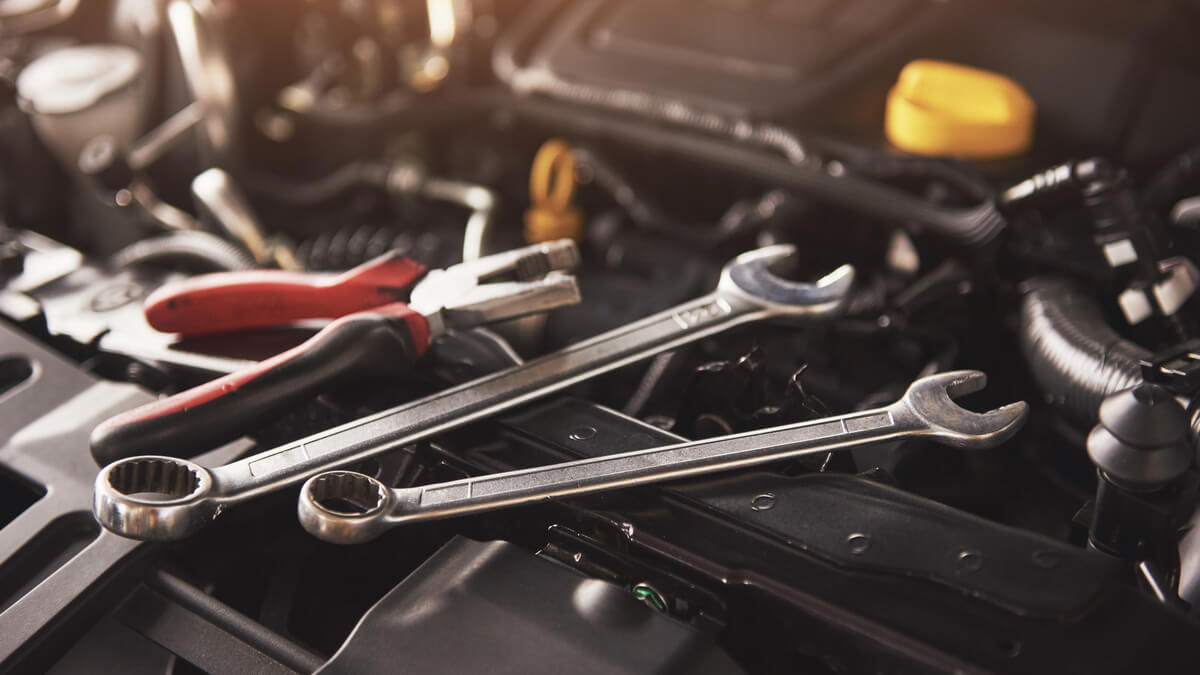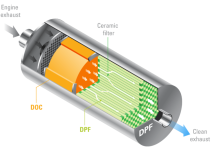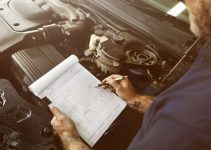We all know that regular car maintenance is important. But how do you know when your car needs service? In this blog post, we’ll go over seven symptoms that indicate your car needs some TLC. Keep an eye out for these warning signs the next time you’re behind the wheel!
Table of Contents
Consider Investing in an Extended Car Warranty to Protect You
When you buy a new car, you may be offered an extended warranty. An extended car warranty is an insurance policy on your vehicle, and it protects you from having to pay for unexpected repairs. Many people think that they don’t need an extended warranty because they’re already covered by their car insurance.
However, car insurance only covers damage caused by accidents. An extended warranty covers repairs due to mechanical or electrical failure. This type of coverage is important because it can save you thousands of dollars in unexpected repair bills. Many people find that an extended warranty is worth the investment because it gives them peace of mind on the road.
Before choosing a company, be sure to read reviews to give you an idea of what to expect from each company so that you can choose the one that is right for your needs.
1. Unusual Noises
One of the first things to watch out for on your basic auto maintenance checklist that your car needs maintenance is unusual noises. If you hear any knocking, grinding, or squealing coming from your car, it’s time to take it in for servicing.
These noises can be caused by a variety of issues, ranging from low brake fluid to worn-out brake pads. By getting your car serviced as soon as you notice these noises, you can avoid more serious and expensive repairs down the road.
2. Strange Smells
Another symptom of a car in need of servicing is strange smells coming from the engine area. If you notice a burning smell while driving, it’s likely that your car is overheating. Pull over and turn off the engine as soon as possible to avoid damaging your car’s engine.
Another smell to watch out for is gasoline fumes coming from the car. This could indicate a fuel leak, which should be fixed immediately by a qualified mechanic.
3. Less Than Optimal Performance
If you notice that your car isn’t performing as well as it used to, it might be time for a tune-up. Things like reduced fuel efficiency and loss of power can indicate that your car’s engine isn’t running as efficiently as it could be. By getting a tune-up, you can restore your car’s performance and improve its fuel efficiency.
4. Dashboard Lights
If any lights on your dashboard come on while you’re driving, it’s an indication that something is wrong with your car, and it needs to be serviced immediately. The check engine light is perhaps the most common dashboard light; if this light comes on, it means there’s a problem with your car’s emission control system, and it needs to be checked out by a professional right away.
Other dashboard lights include the oil pressure light and the battery light; both of these indicate potential problems that should be addressed by a qualified mechanic ASAP.
5. Fluid Leaks
Fluid leaks are another symptom of a car in need of maintenance or repair. If you see any fluid leaks beneath your parked car, make sure to bring it in for servicing right away; otherwise, the issue could worsen and cause further damage to your vehicle.
Common types of fluids that may leak from your car include oil, coolant, and transmission fluid; each one indicates a different problem that will need to be fixed by a qualified mechanic.
6. Tire Pressure Warning Light
The tire pressure warning light is another one of those dashboard lights that indicates a potential problem with your vehicle. If this light comes on, it means one or more of your tires is low on air and needs to be refilled ASAP; otherwise, you risk damaging your tires or having an accident while driving on them.
Make sure to check your tire pressure regularly (at least once a month) to avoid this problem altogether; if this light does come on, bring your car in for servicing so that a professional can check all four tires and refill them as needed.
7. Vibrations
If you feel vibrations coming from your steering wheel, gas pedal, or seat while driving, it could indicate an issue with one of your car’s systems – specifically, the brakes or suspension system. If left unaddressed, these vibrations could worsen and lead to more serious problems down the road; therefore, if you notice any of these symptoms while driving, don’t hesitate to take your car to a qualified mechanic for servicing. By taking care of potential problems early on, you can avoid more serious and expensive repairs down the road.







